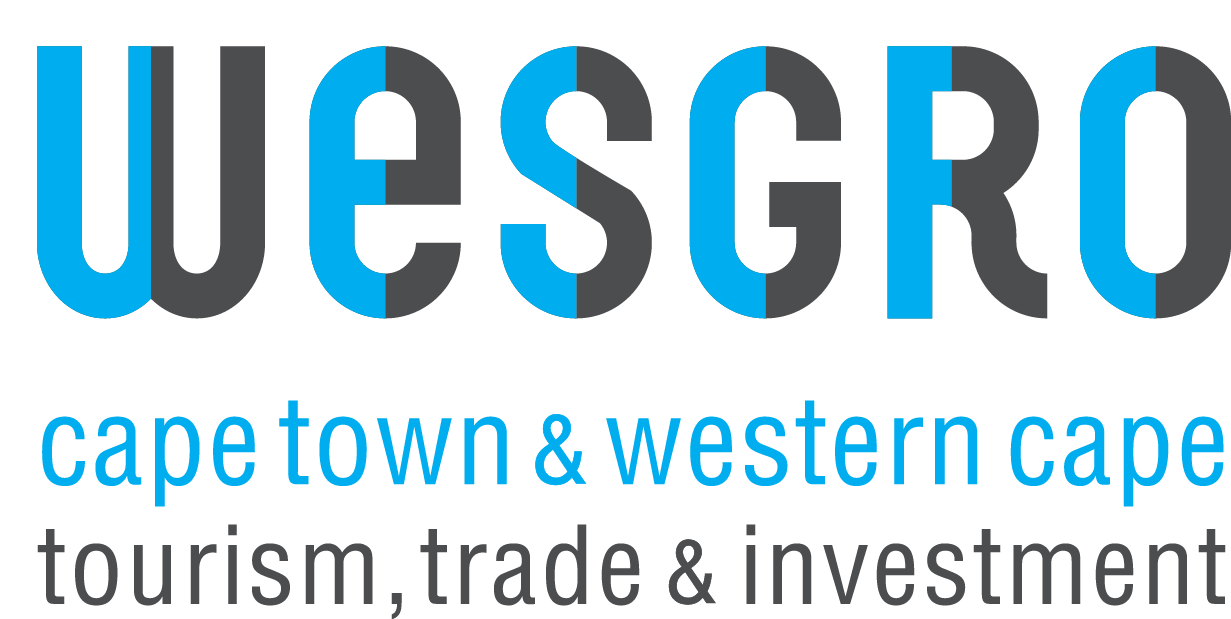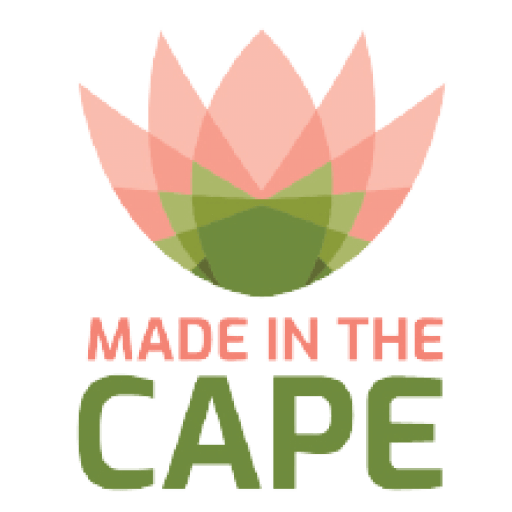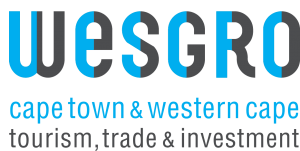Cosmetics, Natural Products, and Organics
The Cape Floral Kingdom has the highest concentration of plant species in the world. This region, situated almost entirely in the Western Cape and recognised as the “hottest of hotspots” by UNESCO, is a World Heritage Site for its biodiversity and uniqueness in the world. Of the estimated 9 500 plant species in the Cape Floral Kingdom, almost 70% are endemic to the region.
Reasons to Buy From Cape Town and The Western Cape
- Overview
- Why Cape Town and the Western Cape
The plant species and genetic diversity of the province hold vast and largely untapped potential in the natural ingredients sectors. Natural products include honey and bees; natural extracts, aromatics and essential oils; cosmetics and perfume; cut flowers and foliage; ornamental plants; pharmaceutical, medicinal and wellness products; teas and non-alcoholic beverages; alcoholic beverages, e.g. infused gins; foods; plant fats and oils; animal feeds; and natural fibres.
The natural ingredients sector holds significant potential to accelerate inclusive economic growth, and the value addition and export of natural products is recognised as a key growth lever by the national government. Development of the natural products and cosmetics value chain is directly aligned with South Africa’s Industrial Policy Action Plan. There is also a strong focus on import substitution.
The value of the cosmetics industry in South Africa, which includes the manufacture of cosmetics, perfumes and other personal care preparations, is estimated at approximately R27-billion at the retail level and R20-billion at the manufacturing level. The industry is comprised of primarily multinational companies, which account for the largest market share and many small, medium, and large local companies manufacturing either their own brands or international brands under license.
With its vast diversity of plant species and its traditional agri-processing strength, the Western Cape is ideally positioned to take advantage of increasing consumer demand for natural products, whether food, beverage, cosmetic or household products. Some indigenous products like Rooibos are already globally renowned, not only in the form of tea, but also, for example, as natural ingredients in cosmetic products.
With its wealth of natural products and its proximity to world-class universities and research institutions, Cape Town and the Western Cape are fast emerging as a unique biotech hub in Africa. The Western Cape is also a region that is rich in indigenous knowledge and cultural heritage related to medicinal, nutritional, and beauty remedies. The relatively low cost of production, favorable exchange rate, proximity to ports, transport routes, and skilled workforce all contribute to making the region an ideal base from which to export natural products.
- Overview
- Why Cape Town and the Western Cape
The plant species and genetic diversity of the province hold vast and largely untapped potential in the natural ingredients sectors. Natural products include honey and bees; natural extracts, aromatics and essential oils; cosmetics and perfume; cut flowers and foliage; ornamental plants; pharmaceutical, medicinal and wellness products; teas and non-alcoholic beverages; alcoholic beverages, e.g. infused gins; foods; plant fats and oils; animal feeds; and natural fibres.
The natural ingredients sector holds significant potential to accelerate inclusive economic growth, and the value addition and export of natural products is recognised as a key growth lever by the national government. Development of the natural products and cosmetics value chain is directly aligned with South Africa’s Industrial Policy Action Plan. There is also a strong focus on import substitution.
The value of the cosmetics industry in South Africa, which includes the manufacture of cosmetics, perfumes and other personal care preparations, is estimated at approximately R27-billion at the retail level and R20-billion at the manufacturing level. The industry is comprised of primarily multinational companies, which account for the largest market share and many small, medium, and large local companies manufacturing either their own brands or international brands under license.
With its vast diversity of plant species and its traditional agri-processing strength, the Western Cape is ideally positioned to take advantage of increasing consumer demand for natural products, whether food, beverage, cosmetic or household products. Some indigenous products like Rooibos are already globally renowned, not only in the form of tea, but also, for example, as natural ingredients in cosmetic products.
With its wealth of natural products and its proximity to world-class universities and research institutions, Cape Town and the Western Cape are fast emerging as a unique biotech hub in Africa. The Western Cape is also a region that is rich in indigenous knowledge and cultural heritage related to medicinal, nutritional, and beauty remedies. The relatively low cost of production, favorable exchange rate, proximity to ports, transport routes, and skilled workforce all contribute to making the region an ideal base from which to export natural products.



